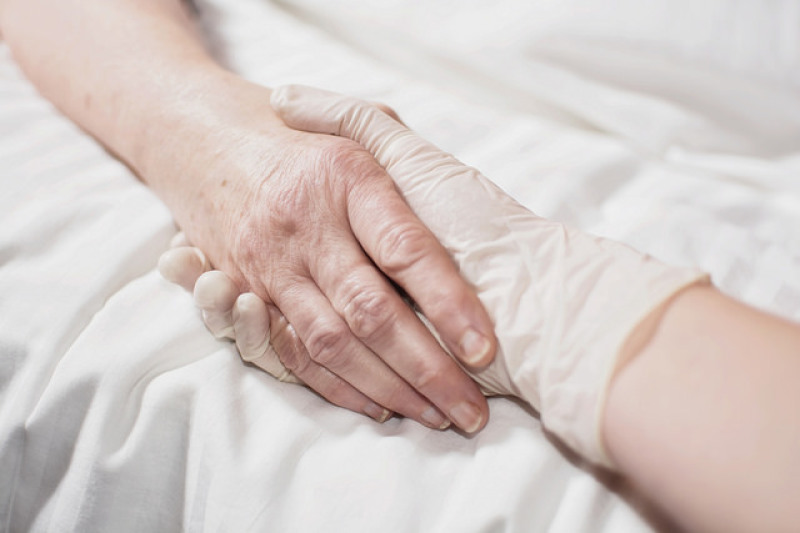
Any doctor or physician in the world knows that their main task is to save lives. Some doctors in the UK stand by this and have openly voiced out their opposition to any legislation that might attempt to legalize assisted suicide in the country.
More than 50 doctors working in palliative medicine and care for dying patients in the UK signed a letter to The Times, indicating their stand against any amendment or legislation meant to legalize assisted suicide. These medical practitioners made it clear that they are unwilling to participate in assisted suicide or euthanasia.
The doctors, citing a recent study conducted by the British Medical Association, also stated in the letter that while some might show interest changing the law on assisted suicide, there isn't much enthusiasm with regards to actually practicing it.
Doctors against assisted deaths
A recent British Medical Association survey asked doctors if they will be willing to participate in any event where a patient will undergo assisted suicide or euthanasia. For those who do not understand the difference between the two, "assisted suicide' is when a doctor is tasked to prescribe drugs that could lead to death, while "euthanasia" is when the doctor administers the deadly drug.
The survey revealed that it is pretty clear that 45% of doctors were not comfortable prescribing life-ending drugs, even if legalized, Only 36% of respondents said "yes" to the practice, while 19% remain undecided.
The number of doctors against euthanasia is even higher. When asked if they would participate in any way in the process of euthanasia, 54% said "no," 26% said "yes," and the remaining 20% are undecided.
The BMA survey also revealed that a huge 84% of doctors in palliative medicine were opposed to performing euthanasia on a patient even if the law were to be amended.
A disturbing trend
The doctors also indicated in the letter that there are instances where the safeguards in assisted suicide and euthanasia are breached, creating a huge gap between principle and practice.
In the Netherlands, for example, the requirement for explicit consent regarding assisted deaths is often ignored, and all instances of euthanasia are not reported.
While that is disturbing, some practitioners might claim that their response depends on the situations they are in. Hence, doctors stated in the letter that, if ever the law on assisted suicide is changed, they must be limited to providing professional opinion regarding the patient's medical condition - and that the courts will be the one to decide on life-or-death issues.
A social, not medical, dilemma
Doctors have been placed in situations they may not want to be in, especially in places where assisted suicide is legal. Worse, some patients in these cases are not really motivated by medical reasons; rather, they are motivated by social concerns.
In Canada, for example, it was found that more than a third or 34% opted for medical assistance in dying since they were concerned about the burden they were giving to their families or people who looked over them.
About 13.7% of cases of assisted suicide, on the other hand, cited "isolation or loneliness" as the primary motivation for getting assisted suicide.
These are disturbing realities that can be associated with the COVID-19 situation the world is facing today. Mental health is a concern raised by most, especially since people have been forced to stay in one place and not allowed to interact as freely as before.
It is a social issue that could raise the number of assisted suicide, particularly the elderly. But clearly, it is not a medical problem - meaning the solution is not to end the lives of those who are suffering.





















